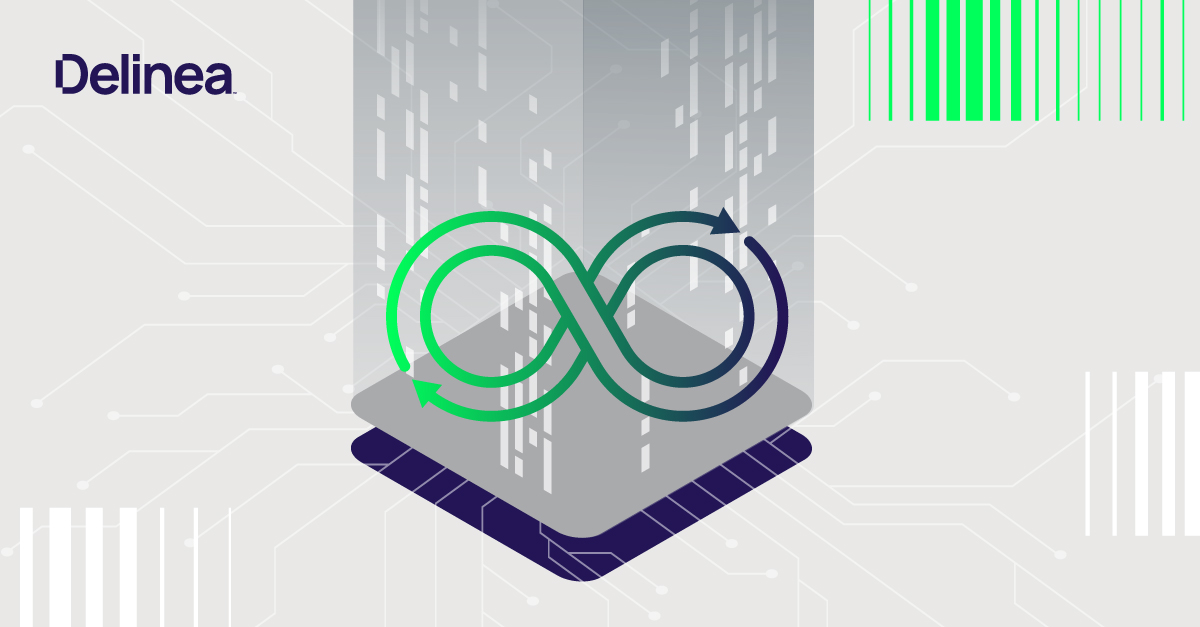An introduction to DevOps secrets management and vaulting
If your DevOps team hardcodes secrets into applications, they inadvertently put your business at significant risk of cyberattacks.
DevOps implementation by businesses is no longer a novel strategy, yet security remains a serious issue. In 2021, 83% of IT decision-makers reported in a survey that their companies are using DevOps to meet the needs of their businesses, leading to improved software and shortened delivery times.
As DevOps adoption continues to grow in popularity and replace Agile and Waterfall development methodologies, so does the need for more robust DevOps secrets management. Secrets are authentication credentials used in DevOps services and applications, including API tokens, encryption keys, usernames, passwords, and Secure Shell (SSH) keys. If cyber attackers gain access to these secrets, businesses are vulnerable to ransomware attacks, data breaches, and more.
DevOps teams need to strike a delicate balance between productivity and security when the current incentive is to forgo security in favor of productivity.
What are the challenges with DevOps and secrets management?
Applications often require access to other applications, and to achieve this quickly, developers hardcode secrets into the applications or configuration files. By hardcoding these secrets, developers are sacrificing security for speed. These ephemeral secrets are created by the wide range of containers, datacenters, clouds, and machines used by DevOps teams. These secrets can have privileged access, greatly expanding the attack surface for cyber attackers looking for a way in.
So, what happens when this code gets posted on public sites like GitHub? Well, now anyone can get access to these credentials and attack the business with minimal effort.
Once your code gets posted on public sites like GitHub, anyone can access your credential and attack your business with minimal effort
The issues with native DevOps security don’t stop there—DevOps teams need on-demand access to production builds, source code, test servers, and other tools daily. Again, speed is paramount, so secrets get shared to enable this instant access.
Developers are fully aware that in these instances they are circumventing security, and they don’t do it maliciously. Developers simply do not have enough time to do their jobs and enforce security protocols in DevOps simultaneously.
What should I look out for in a DevOps secrets management solution?
The top security priority in DevOps is keeping secrets separate from the source code. When you are looking for a secrets management solution for DevOps, pay close attention to how the solution stores and handles secrets, making sure to stay away from static IP-based solutions. These static solutions don’t scale in environments with constantly changing applications and machines.
Next, verify that the solution integrates with your existing DevOps tools, such as Jenkins and Kubernetes. DevOps secrets management solutions that check off these criteria will help defend against security breaches, all while enabling DevOps teams to focus on productivity. A centralized vault, optimized for DevOps operations is the best solution for secrets management.
How does a centralized vault improve DevOps secrets management?
Secrets management with a centralized vault reduces secrets sprawl. A centralized vault for DevOps, like Delinea’s DevOps Secrets Vault, protects secrets for DevOps teams, eliminating the need for hardcoding secrets within code and config files, while providing a unified, centralized, auditable management and enforcement of secret access. Centralized vaults for DevOps use an API call to replace hardcoded credentials, disparate vaults, and passwords to a centralized location where secrets are stored, encrypted, access controlled, and auditing is implemented.
To keep up with the speed of DevOps, a centralized vault needs to have automation. DevOps secrets management solutions with centralized vaults that utilize just-in-time (JIT) dynamic secrets are a top choice for DevOps teams. Dynamic secrets are time-limited and automatically expire, which means that if these secrets are found on GitHub, or elsewhere, it doesn’t matter since the secrets expire. These dynamic secrets are also generated to permit tools to do precise tasks then expire.
This specific time-limited authorization policy helps drastically reduce, if not eliminate, the risk of secrets falling into the wrong hands and used to attack a business. Automated secrets management in a centralized vault removes the burden of DevSecOps for the DevOps teams, whether on Amazon Web Services (AWS), Microsoft Azure (Azure), or Google Cloud Platform (GCP).
Delinea DevOps Secrets Vault
DevOps secrets management cannot be securely handled by native secrets management in DevOps tools, nor can secrets be managed by a traditional secrets vault. With all the machine accounts, ephemeral secrets, and lightning-fast access requests, DevOps teams need a centralized vault that is designed for DevOps. Delinea’s DevOps Secrets Vault has more information if you are interested in learning more about the right DevOps vault for you.
DevOps secrets management is part of a comprehensive PAM journey. You can read more about it in Delinea’s PAM maturity model, a framework to help organizations systematically lower privileged account risk, increase business agility, and improve operational efficiency. The key for organizations in Phase 2 of PAM maturity is to expand PAM policies to reduce the number of overprivileged users, along with automating privilege security in DevOps workflows and tooling.
See if DevOps Secrets Vault suits your needs—here’s our free version.
Manage DevOps secrets safely


